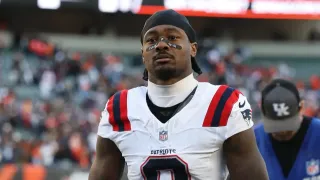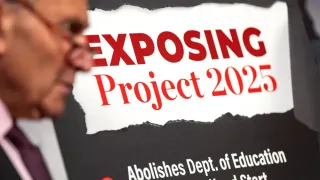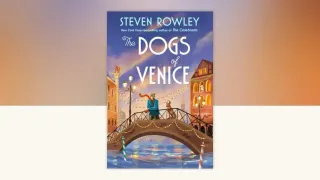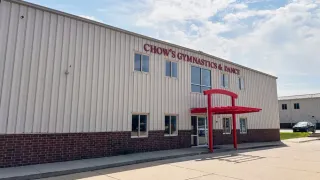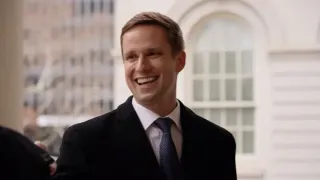November 4, 2024
EDGE Interview: With 'Chasing Chasing Amy' Director Sav Rodgers Looks at the LGBTQ+ Film That Saved His Life
Matthew Creith READ TIME: 7 MIN.
"Chasing Amy" has a special place in the hearts of many, including myself. It is a controversial film that continues to divide mainstream audiences, offering an authentic portrayal of queer relationships that stands in stark contrast to the stereotypical depictions of the past. In Kevin Smith's 1997 rom-com, Ben Affleck plays a New Jersey comic book writer who falls for pansexual Alyssa (Joey Lauren Adams), who primarily identifies herself as a lesbian. Affleck cannot overcome his own insecurities about dating someone so open about her sexuality, nor is he helped by the comments by his bff, played by Jason Smith, who may be using homophobia as a way of hiding his queer identity.
But what is it like to look at the film more than 25 years later through a queer lens? That is what filmmaker Sav Rodgers decided to do when he started making a documentary about the film in 2017, affirming its impact and evolution through interviews with the filmmakers and stars who made 'Chasing Amy' a classic.
Rodgers first discovered the rom-com when he was 12-years old while going through the Ben Affleck movies in his mom's DVD collection. Unlike "Good Will Hunting" or "The Town," Chasing Amy,' written and directed by Smith, had a profound effect on him. Later when he gave a TedTalk whose title explains it all: "The rom-com that saved my life." That wasn't just rhetoric: Rodgers credits the film for having kept him from committing suicide during the time he was being bullied in high school.
"When marginalized people talk about the need for representation in media, they are not being hyperbolic," Rodgers said in his TED Talk about the film. "Seeing yourself on screen endows you with the feeling of existing in the world, and seeing myself on screen gave me the strength to navigate that world." What he didn't fully realize when he started making his documentary is how important it was in his decision to transition. It became so important that Rodgers reluctantly became one of the film's interview subjects. "I genuinely did not want to be in the movie," he told IndieWire. "I didn't want to expose myself in that way and open a vein out for the world to dissect and judge... However, it's the byproduct of years of collaboration that I felt safe enough to say 'Yeah, this is who I am now, and this is what I've learned and here's where the challenges were,' and to be able to close that chapter of my life."
Rodgers was named to Forbes "30 Under 30 in 2024," and is also the Founder and Executive Director of the Transgender Film Center, a nonprofit aiming to help trans creators bring finished films to audiences around the world. According to his website, he lives happily lives with his wife, Riley, and his two pugs in the desert. He is a proud University of Kansas graduate and still sports KU baseball caps wherever he goes.
EDGE caught up with Sav Rodgers to discuss "Chasing Chasing Amy," Kevin Smith's impact on queer pop culture, and how audiences perceive changes in LGBTQ+ representation from the 1990s to today. You can watch the entire interview in this video. Below are some excerpts:
